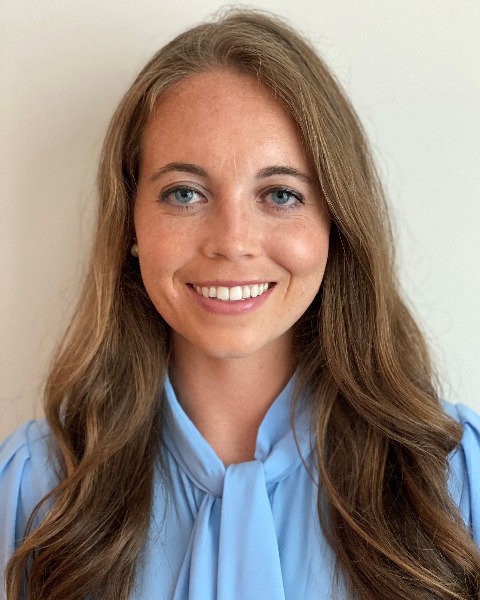Predictors of a Successful Neuromuscular Blocking Agent Holiday
-
.jpg)
Bridgette Kram, BCCCP, BCPS, PharmD
MICU Clinical Pharmacist
Duke University Hospital
Durham, North CarolinaDisclosure information not submitted.
-
AM
Anne Mathews, MD
Division of Pulmonary, Allergy & Critical Care Medicine
Duke University Hospital, United StatesDisclosure information not submitted.
-
DS
David Shaz, MD
Division of Pulmonary, Allergy & Critical Care Medicine
Duke University Hospital, United StatesDisclosure information not submitted.
-
CG
Cynthia Green, PhD
Biostatistician
Duke University Hospital, United StatesDisclosure information not submitted.
-
SM
Samantha Morrison, PhD
Biostatistician
Duke University Hospital, United StatesDisclosure information not submitted.
-

Holly Lanham
Duke University Medical Center
Durham, North CarolinaDisclosure information not submitted.
-
DG
Dan Gilstrap, MD
Division of Pulmonary, Allergy & Critical Care Medicine
Duke University Hospital, United StatesDisclosure information not submitted.
First Author(s)
Co-Author(s)
Title: Predictors of a Successful Neuromuscular Blocking Agent Holiday
INTRODUCTION/HYPOTHESIS: Neuromuscular blocking agents (NMBA) may be administered to critically ill patients with acute respiratory distress syndrome (ARDS) to facilitate ventilator synchrony and manage resultant hypoxemia, though minimizing treatment duration is imperative to prevent adverse effects. The goal of this study is to identify predictors associated with successful discontinuation of a NMBA in patients with ARDS.
Methods: This retrospective analysis included adult patients admitted to a medical ICU who received cisatracurium for ARDS between September 1, 2019 and December 9, 2020. Patients receiving a NMBA with < 4 train-of-four (TOF) measurements, NMBA administration until time of lung transplantation or withdrawal of support and pregnant patients were excluded. Additionally, NMBA holidays where support was withdrawn before determination of a holiday outcome were also excluded. A NMBA holiday was characterized as a (1) success: NMBA not restarted for the duration of hospitalization, (2) partial success: NMBA resumed > 12 hours from discontinuation, or (3) intolerance: NMB was resumed in < 12 hours from discontinuation. Univariable associations between dynamic variables, including ventilator mode and settings, arterial blood gas (ABG) measurements, fluid balance, renal dysfunction, presence of mechanical circulatory support, and opioid and sedative intensity and NMB holiday were analyzed by ordinal logistic regression with repeated measures.
Results: A total of 61 patients and 106 NMBA holidays (55 success, 34 partial success, 17 intolerance) were evaluated. A NMBA holiday was more likely to be a success or partial success if the patient was receiving pressure control mode of ventilation (OR 2.45 95% CI 1.05-5.69). No other dynamic variables were significantly associated with a successful holiday. Depth of sedation at after NMBA discontinuation was documented as Richmond Agitation Sedation Scale (RASS) of -3 or above in 26.9% of patients.
Conclusions: With the majority of dynamic variables not being significantly associated with success, a NMBA holiday may reasonably be attempted in most patients daily to assess ongoing need for neuromuscular blockade and adequacy of depth of sedation if the NMBA is resumed.
